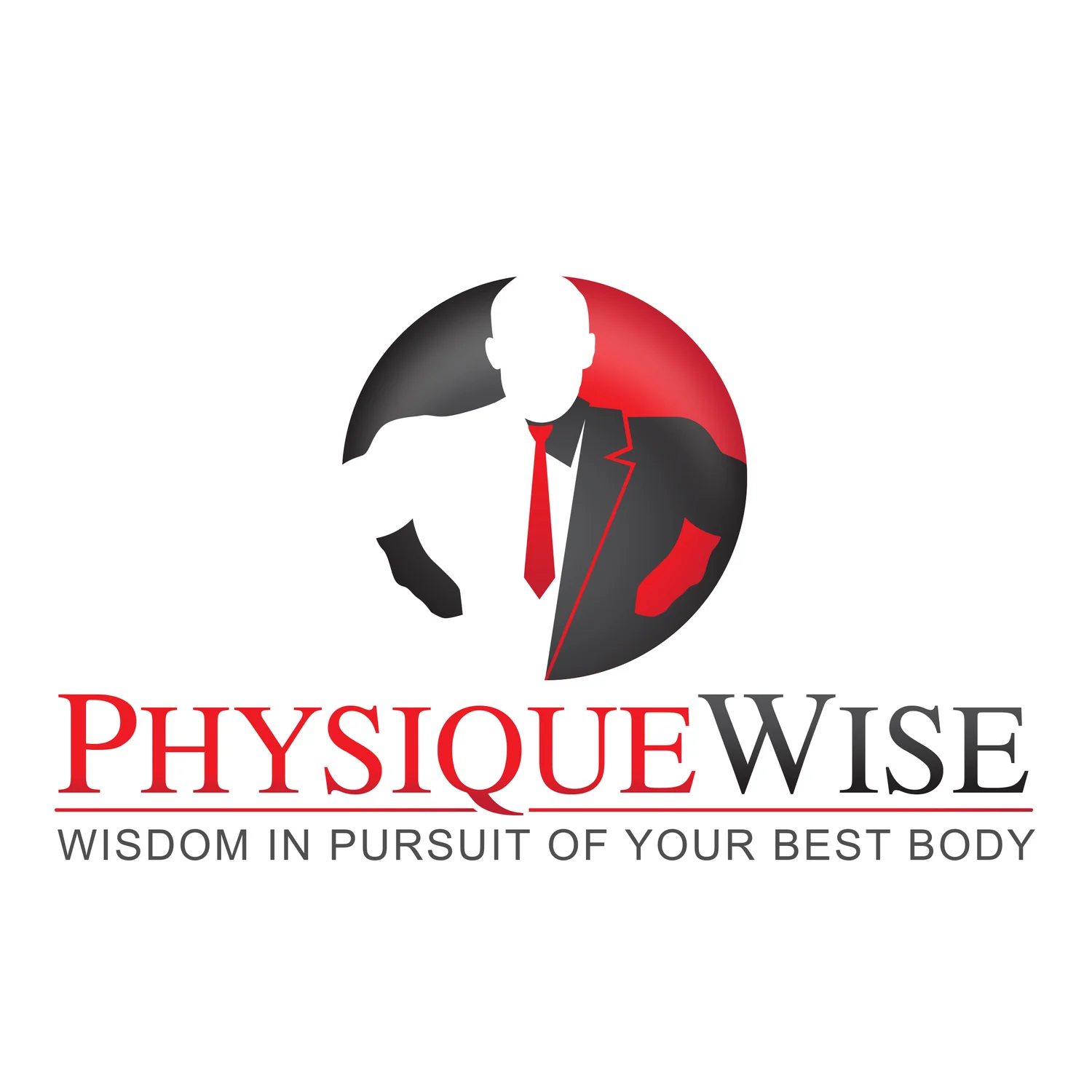The term 'vegetarian' is not clearly defined, and whilst all vegetarians base their diets on foods of plant origin, there are different levels of vegetarianism according to how much food derived from animals is also eaten. In Australia there are five major types of vegetarian:
- A 'semi vegetarian' eats poultry and/or fish, dairy foods and eggs, but no red meat;
- A 'lacto vegetarian' consumes dairy foods but no meat, poultry, fish or eggs;
- A 'lacto-ovo vegetarian' includes dairy foods and eggs, but no meat, poultry or fish;
- A 'pescetarian' includes fish and other seafood, but no meat or poultry (while eggs and/or dairy foods may or may not be eaten); and
- A 'vegan' eats only foods of plant origin.
It is widely considered that a vegetarian diet is extremely beneficial to health. Vegetarians live longer and are less susceptible to chronic disease. Orlich et al (2013) found that vegetarians were less likely to suffer from hypertension, metabolic syndrome, diabetes and heart disease.
The reasons for becoming vegetarian are many and varied, including: -
- Religious beliefs
- Health
- Moral
- Environmental
- Weight loss
The quality of a vegetarian diet very much depends on the individual and the food choices they make. However, common deficiencies that are seen with vegetarian diets include: -
Protein
Because most 'high quality' protein sources derive from meat and fish, vegetarians can sometimes struggle to meet protein needs, especially if they are training. There are many good plant sources of protein, but these usually don't contain the full spectrum of amino acids (they are known as 'incomplete' sources of protein). As a result, vegetarians usually have to obtain many different plant sources so that they can obtain the full spectrum of amino acids. Good sources of plant protein include: quinoa, buckwheat, brown rice, green peas, nuts, chickpeas, edamame, tofu, lentils, hempseed. chia seeds.
Iron
Iron is most commonly obtained from meat in the typical non-vegetarian diet. There are vegetarian sources of iron. However, vegetarian sources are harder to absorb. As a result this leaves vegetarians at a greater risk of developing an iron deficiency, with symptoms including dizziness, shortness of breath and fatigue.
Vitamin B12
Vitamin B12 is an essential nutrient that is found in virtually no plant foods. B12 is involved in the development of red blood cells, maintenance of nerves and and normal brain function. Without supplements or enriched foods, vegetarians are at a high risk of vitamin B12 deficiency.
Calcium
Calcium is an important mineral to keep your bones and teeth strong, help support your nervous system and help your muscles work efficiently. Calcium deficiency can lead to osteoporosis. Calcium is most commonly found in dairy foods. However, vegetarians can obtain calcium by including calcium-rich plant foods such as kale, collard greens, broccoli, almonds, figs and oranges.
Omega-3 Fatty Acids
Fatty fish, such as salmon, and fish oil are most common sources of omega-3 fatty acids. The 2 most beneficial types of fatty acid have been found to be EPA and DHA. However, plant sources only contain ALA, which must be converted to DHA and EPA to use. Unfortunately, the body is only able to convert about 5% of ALA to EPA and DHA. As a result it might be wise for vegetarians to include a plant-based omega-3 supplement such as algal oil.
Zinc
The main dietary sources of zinc are red meat, poultry and oysters. As a result many vegetarians will struggle to obtain enough zinc in your diet. When you are zinc deficient, your body can't produce healthy, new cells, which can lead to symptoms such as lack of alertness, wounds that won't heal, diarrhoea, loss of appetite, decreased sense of smell and taste.
What are some of the pitfalls?
Relying on soy-based products, such as tofu, can be considered less than optimal for health. The benefits of tofu are that it contains all the essential amino acids, making it a complete protein source. It is also relatively low in calories, making a good protein source for those on a calorie restricted diet. Traditionally fermented soy bean products such as tofu and tempeh can be considered very healthy since the fermentation process greatly improves the bioavailability of the nutrients in soy and reduces the content of problematic anti-nutrients.
In contrast, the industrially processed soy you find in modern foods is just as far removed as eggs are removed from modern mayonnaise. Unfortunately, that includes most types of soymilk and tofu.
So avoid the processed soy products wherever possible, but feel free to add some traditional soy products to your diet.
Another drawback for some vegetarians is an over-reliance on protein powders to ensure enough protein is consumed. Whilst this isn't necessarily problematic per se, I argue that you shouldn't be too reliant on protein supplements, and should try to obtain protein from whole foods wherever possible.
Another potential drawback is an over-reliance on refined carbohydrates. Many vegetarians will replace meat with refined carb sources such as bread, pasta, crackers etc. Refined carbs are poor sources of carbohydrate because they lack fibre and are generally low in nutrients.
Although vegetarian foods are becoming much more widely available, and vegetarian options at restaurants are the norm rather than the exception now, a good amount of planning has to be in place to ensure you can maintain a healthy vegetarian diet. It may be helpful to plan ahead when eating out at restaurants to check what options are available (if any).
The reasons for undertaking a vegetarian diet are many and varied. Whether you choose to follow a vegetarian diet is very much an individual choice that is down to you to make. However, as you can see there are both pros and cons to going vegetarian. Make sure you are aware of some of the pitfalls before making any decision.



